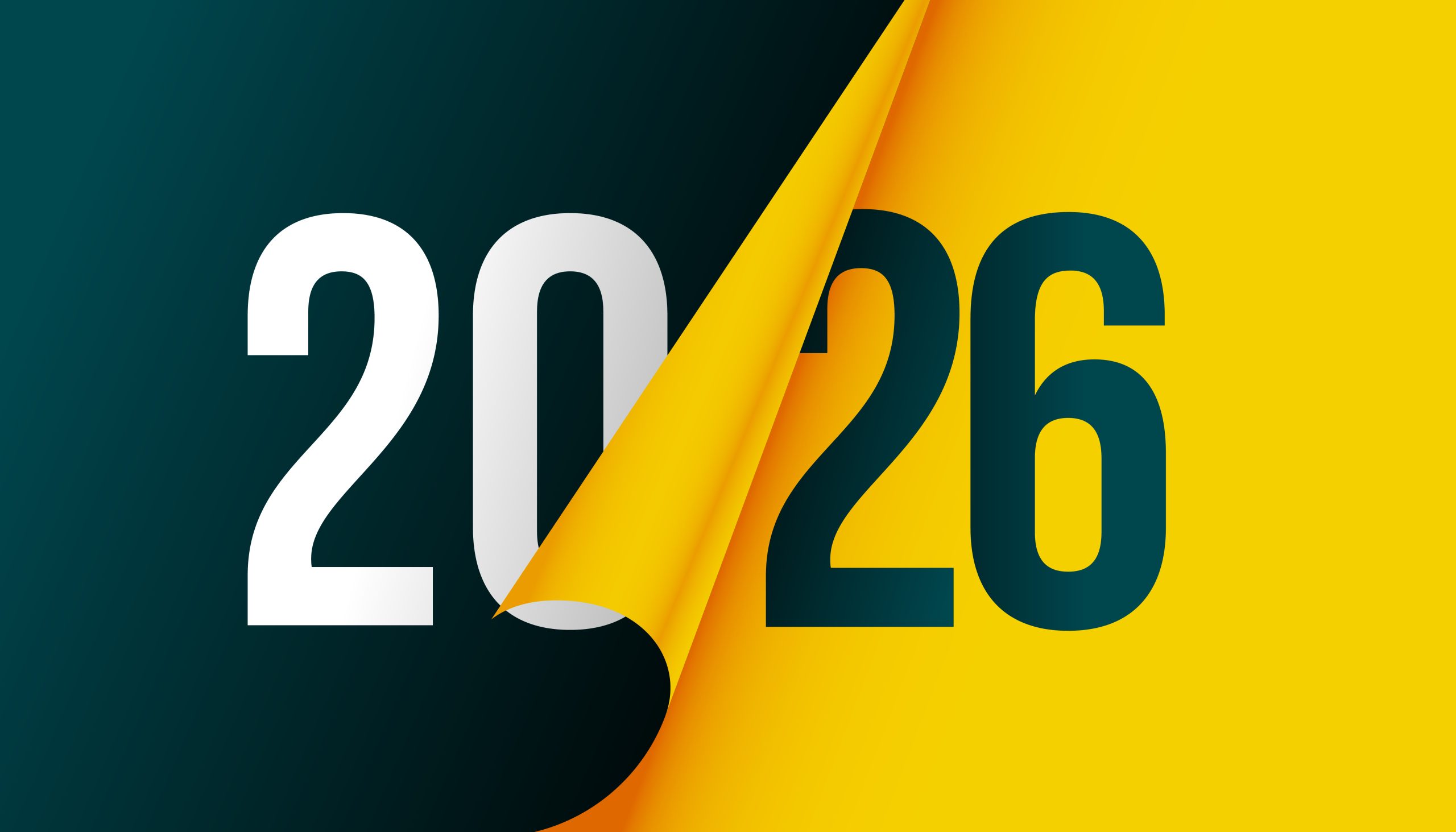The revolutionary potential of blockchain technology extends far beyond its well-known application in cryptocurrency.
As research institutions grapple with challenges of data integrity, reproducibility, and secure collaboration, blockchain offers promising solutions that could reshape how scientific research is conducted and verified.
Enhancing Research Integrity
Blockchain’s immutable ledger system provides a powerful tool for maintaining research integrity. When experimental data is recorded on a blockchain, each entry becomes a permanent, time-stamped record that cannot be altered retroactively.
This feature addresses several critical challenges in research:
- Protocol Documentation: Researchers can record their methodologies and experimental protocols on the blockchain, ensuring transparency and preventing post-hoc modifications that could compromise research integrity.
- Raw Data Preservation: Primary research data can be stored with cryptographic proof of its originality, making it impossible to manipulate results after the fact.
- Version Control: Changes to research documents and data can be tracked with perfect accuracy, creating an auditable trail of how research evolves over time.
Real-world example: The Open Science Framework has explored using blockchain to timestamp and verify research protocols and data, providing a transparent and verifiable record of scientific work.
Revolutionizing Peer Review
The peer review process, while essential to scientific progress, has long been criticized for its opacity and potential biases. Blockchain technology offers several improvements:
- Transparent Review Process: Reviews can be permanently recorded on the blockchain, making the evaluation process more accountable while maintaining reviewer anonymity when necessary.
- Incentivization Systems: Smart contracts can automate reviewer compensation, potentially using token systems to reward thorough and timely reviews.
- Review Verification: The credentials and expertise of reviewers can be cryptographically verified, ensuring qualified evaluation of research.
Case Study: The journal “Blockchain for Science” has already started experimenting with decentralized peer review systems, where reviews and revisions are immutably recorded, ensuring complete transparency.
Secure Data Sharing and Collaboration
Research increasingly requires collaboration across institutions and borders. Blockchain provides robust frameworks for secure data sharing:
- Access Control: Smart contracts can manage permissions for accessing research data, ensuring that sensitive information is only available to authorized parties.
- Cross-Border Collaboration: Decentralized systems facilitate international research partnerships while maintaining data security and compliance with various regulatory frameworks.
- Resource Allocation: Blockchain can track the use of shared research resources and facilities, ensuring fair attribution and compensation.
Example: The MIT Enigma project has developed privacy-focused blockchain protocols for secure data analysis without exposing raw data, making cross-institutional collaboration more efficient and safer.
Funding and Grant Management
Research funding can become more transparent and efficient through blockchain implementation:
- Grant Distribution: Smart contracts can automate the release of funds based on achieved milestones, increasing accountability in research funding.
- Resource Tracking: Expenditure of grant money can be tracked with unprecedented accuracy, reducing administrative overhead and preventing misuse.
- Donor Engagement: Private and public research donors can follow the impact of their contributions through transparent blockchain records.
Pilot Program: The European Commission has considered blockchain-based funding distribution to streamline grant management and enhance transparency.
Challenges and Considerations
While blockchain offers significant potential, several challenges must be addressed:
- Data Storage: The volume of research data often exceeds practical blockchain storage capabilities, requiring hybrid solutions that combine blockchain verification with traditional storage systems.
- Energy Consumption: Traditional proof-of-work blockchain systems can be energy-intensive, necessitating the exploration of more sustainable consensus mechanisms.
- Technical Barriers: Widespread adoption requires user-friendly interfaces and training to make blockchain tools accessible to researchers without extensive technical expertise.
Solutions: Projects like Filecoin and IPFS offer decentralized storage that works alongside blockchain, and proof-of-stake mechanisms significantly reduce energy consumption.
Implementation Strategies
Research institutions can begin implementing blockchain solutions through several approaches:
- Pilot Programs: Start with small-scale implementations in specific departments or research areas to demonstrate value and identify challenges.
- Infrastructure Development: Invest in blockchain platforms specifically designed for research applications, focusing on security and usability.
- Community Building: Foster collaboration between research institutions to develop common standards and protocols for blockchain implementation.
- Training and Education: Provide researchers with training on how to use blockchain tools effectively, ensuring widespread adoption and efficiency.
Future Prospects
The integration of blockchain technology in research is poised to expand in several directions:
- Automated Meta-Analysis: Smart contracts could automatically aggregate and analyze results from multiple studies, accelerating the pace of scientific discovery.
- Dynamic Publication Models: Research papers could become living documents, with updates and corrections tracked through blockchain systems.
- Global Research Networks: Blockchain could facilitate the creation of decentralized research organizations that transcend traditional institutional boundaries.
Conclusion
Blockchain technology offers transformative potential for the research community, promising enhanced integrity, transparency, and efficiency. With real-world applications already underway and numerous opportunities for growth, early adopters of blockchain solutions will be well-positioned to lead the next generation of scientific discovery.
The future of research may well be built on blockchain foundations, creating a more transparent, collaborative, and trustworthy scientific ecosystem. As technology continues to evolve, institutions embracing blockchain will drive the innovation needed to address long-standing challenges in research.









Leave a Reply